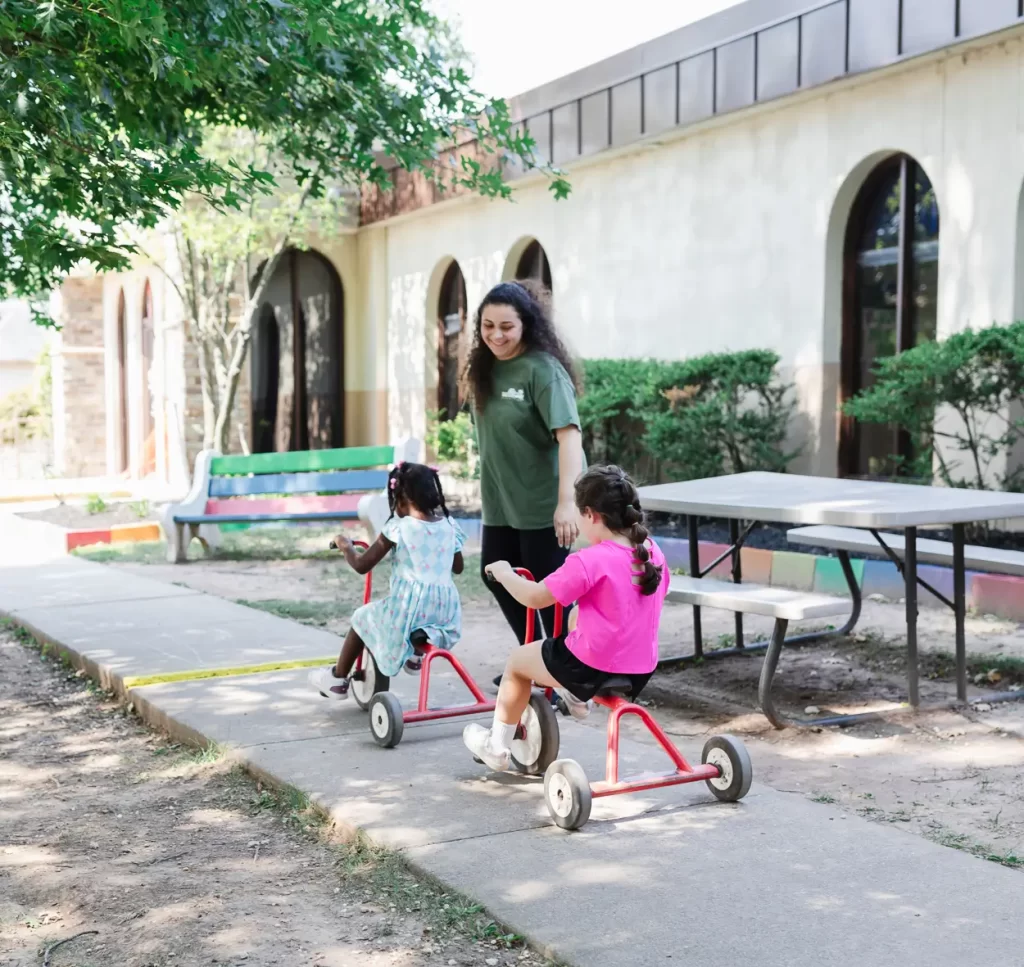As the cooler months move in and the cold season begin, parents often find themselves avoiding wandering coughs, colds, and sniffles, and children touching everything in site. It’s impossible to avoid all germs and infected touchpoints, there are several ways to boost immunity and help keep them healthy. Here’s how you can keep your little ones feeling their best through the winter months.
1. Proper Hygiene Habits Essential During Cold Season

One of the simplest ways to prevent the spread of illness is through good hygiene. Encourage your kids to:
- Wash their hands frequently, especially after they’ve been out in public, before eating, and after using the bathroom. Teaching them how to wash for 20 seconds with soap and water can make all the difference in avoiding sickness.
- Cover their mouth and nose when coughing or sneezing, either with a tissue or their elbow, to prevent germs from spreading to others.
- Clean shared spaces like toys, phones, and remote controls regularly. Cold and flu germs can survive on surfaces for hours, so keeping things disinfected is important.
- Read about back to school tips here.
2. Support Their Immune System

A healthy immune system is your child’s best defense against seasonal illnesses. Some ways to keep their immunity strong include:
- A balanced diet: Make sure your child eats plenty of fruits, vegetables, and whole grains. Foods high in vitamin C such as oranges, bell peppers, and strawberries, can help fight off colds, while zinc-rich foods such as pumpkin seeds, beans, and dairy, support immune function.
- Adequate sleep: Children need more sleep than adults, and a lack of sleep can make them more susceptible to getting sick. Ensure your child is getting the recommended amount of rest based on their age.
- Stay hydrated: Drinking enough fluids helps keep the mucus membranes in the nose and throat moist, making it harder for viruses to invade. Encourage your child to drink water.
3. Dress Appropriately for the Weather (Especially during cold season)

When temperatures drop, it’s essential to keep kids warm and cozy without overheating.
- Layering clothing helps keep warmth in while allowing for flexibility.
- Make sure they wear hats, scarves, and gloves when playing outside.
- Keep their feet dry and warm with boots and socks, as cold extremities can lead to illnesses.
- Don’t forget about the importance of sunscreen—even in winter! UV rays can still damage skin on cloudy or snowy days, especially at higher altitudes.
4. Encourage Physical Activity

It can be tempting to stay inside when the weather turns cold, but keeping your child active can help strengthen their immune system and improve their overall health.
- Indoor exercises: Set up an indoor play area or engage in activities like dancing, yoga, or scavenger hunts.
- Outdoor play: Fresh air and exercise are essential. If the weather is not too harsh, encourage your kids to play outside. A little sunshine can also support vitamin D levels, which is good for a strong immune health.
5. Limit Exposure to Germs During Cold Season
Cold and flu viruses spread easily in crowded environments, so limit your child’s exposure to places like daycare or school when outbreaks are high. If your child is sick, it’s best to keep them home to rest and avoid spreading germs to others.
- Avoid touching face: Teach your child not to touch their face, especially the eyes, nose, and mouth, as germs can enter the body through these areas.
- Social distancing: If there’s an outbreak in the community, it may be helpful to reduce unnecessary exposure to crowds, especially during peak cold and flu season.
6. Keep the Home Environment Healthy
Cold air can dry out the air inside your home, making it easier for viruses to thrive. You can take several steps to improve the indoor environment:
- Humidifiers: Using a humidifier in your child’s room adds moisture to the air, which helps prevent dry skin and irritated nasal passages.
- Clean air: Keep your home well-ventilated, and use non-toxic cleaning products to help prevent the spread of bacteria and viruses.
7. Know When to Seek Medical Advice
Despite your best efforts, kids may still catch a cold or flu during the winter months. Keep an eye out for signs that may require medical attention, such as:
- High fever (especially for several days)
- Persistent cough
- Difficulty breathing
- Excessive fatigue or irritability
- Ear pain or sore throat If your child’s symptoms don’t improve or worsen, consult with their doctor to determine the best course of action.
8. Make Healthy Habits Fun
Kids often learn better when healthy habits feel like a game or a fun activity. Turn hand washing into a fun song, encourage them to choose colorful fruits and vegetables, or turn outdoor play into an exciting adventure. Keeping things lighthearted and enjoyable will make it easier for them to stick to these routines.
While you can’t completely eliminate the risk of your child getting sick during the cold season, there’s plenty you can do to reduce the chances and ensure they stay healthy and strong. By focusing on good hygiene, a nutritious diet, proper clothing, and regular physical activity, you’re setting them up for a winter of health and wellness.
Remember, even small changes in their routine can have a big impact on keeping them feeling their best. Stay safe, stay healthy, and enjoy the season together!

